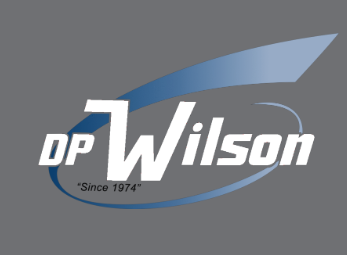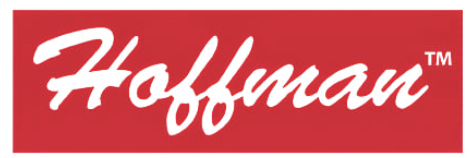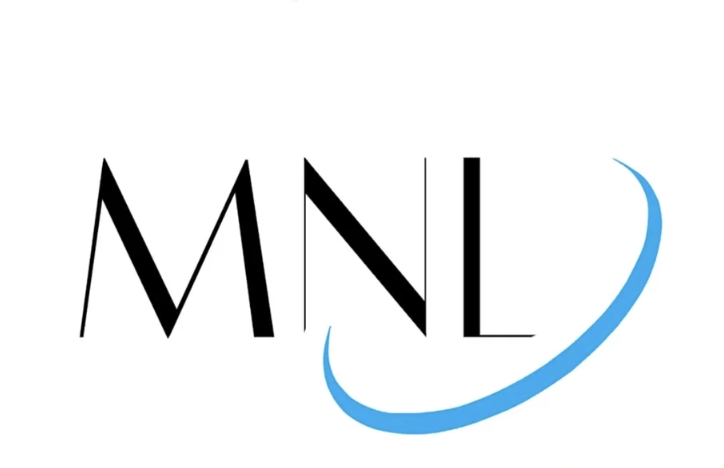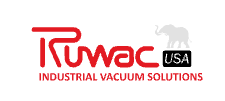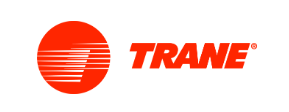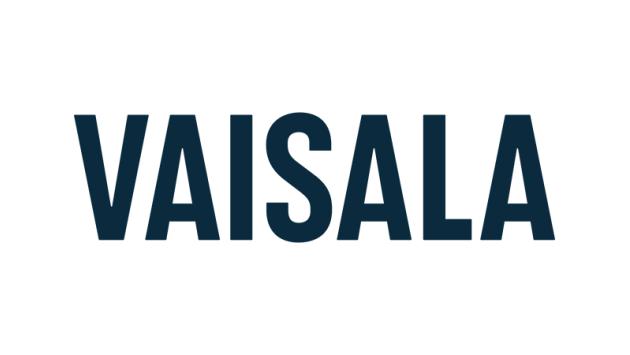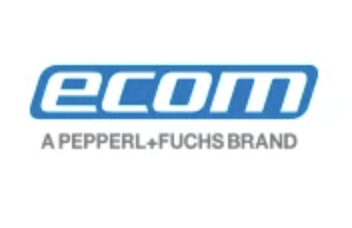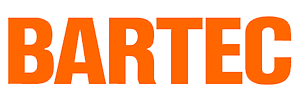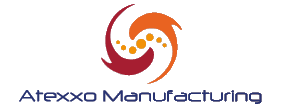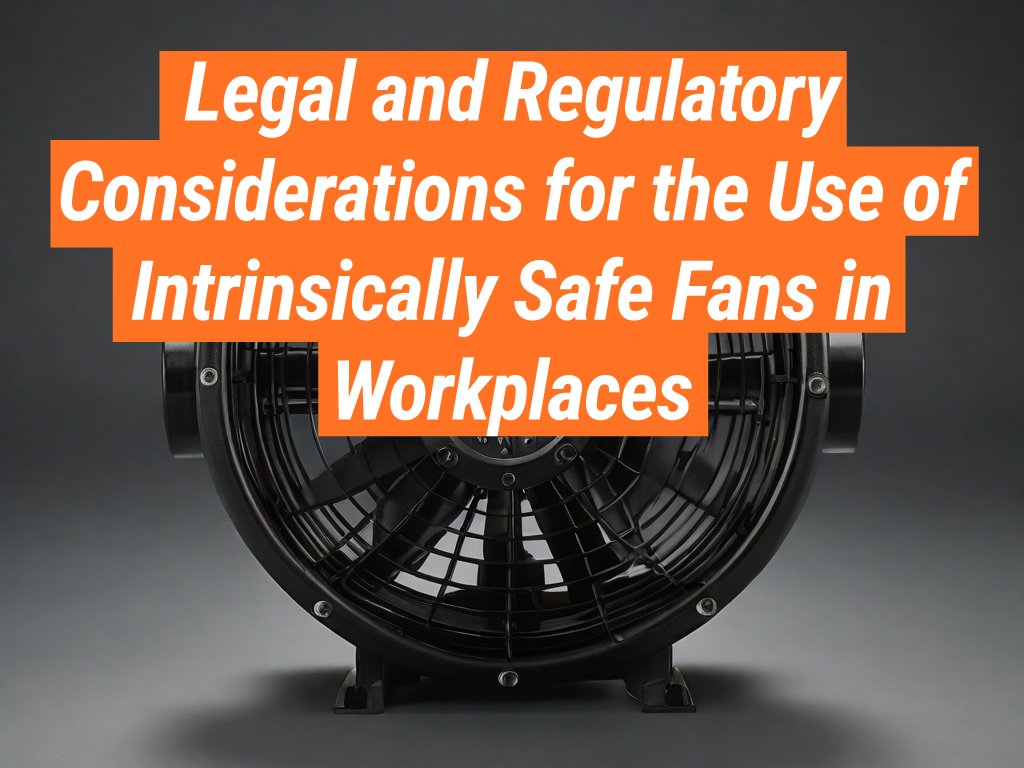Workplace safety is a paramount concern for any business, and this is particularly true in industries where hazardous materials are present. One crucial aspect of safety in these environments is the use of intrinsically safe fans. This article, brought to you by Intrinsically Safe Store, will delve into the legal and regulatory considerations surrounding their use. We invite you to visit our website to learn more about our range of intrinsically safe products.
What are Intrinsically Safe Fans?
Intrinsically safe fans are designed to operate in hazardous environments without causing ignition. They are built to prevent the release of sufficient electrical or thermal energy that could ignite a specific hazardous atmospheric mixture.
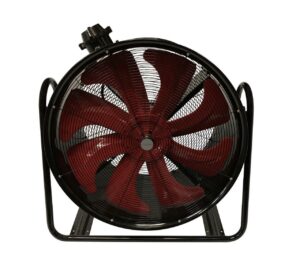
Legal and Regulatory Framework
Several legal and regulatory bodies oversee the use of intrinsically safe fans in the workplace. These include the Occupational Safety and Health Administration (OSHA), the National Fire Protection Association (NFPA), and the International Electrotechnical Commission (IEC).
OSHA Regulations
OSHA sets and enforces standards to ensure safe and healthy working conditions. It requires employers to provide a workplace free from recognized hazards, including those created by the use of fans in hazardous environments.
NFPA Standards
The NFPA provides codes and standards designed to minimize the risk and effects of fire by establishing criteria for building, processing, design, service, and installation. NFPA 70, also known as the National Electrical Code (NEC), includes provisions for the use of intrinsically safe fans.
IEC Standards
The IEC provides international standards for all electrical, electronic, and related technologies, including intrinsically safe fans. IEC 60079-0 provides general requirements for explosion-protected electrical equipment, including fans.
Compliance and Certification
Compliance with these regulations and standards is not just a legal requirement but also a way to ensure the safety of employees and the workplace. Products that meet these standards are often certified by recognized testing laboratories, providing assurance of their safety and quality.
Case Study: The Importance of Compliance
A case study highlighting the importance of compliance is the incident at the Imperial Sugar Company in 2008. An explosion caused by combustible dust led to 14 deaths and numerous injuries. Investigations revealed that the company had not adhered to NFPA standards, leading to a fine of $8 million.
Prioritizing Workplace Safety: Compliance with Intrinsically Safe Fans
Ensuring the use of intrinsically safe fans in hazardous environments is a critical aspect of workplace safety. Compliance with legal and regulatory standards not only helps avoid legal repercussions but also protects employees and the workplace. Intrinsically Safe Store is committed to providing products that meet these standards. For more information, please contact us.







